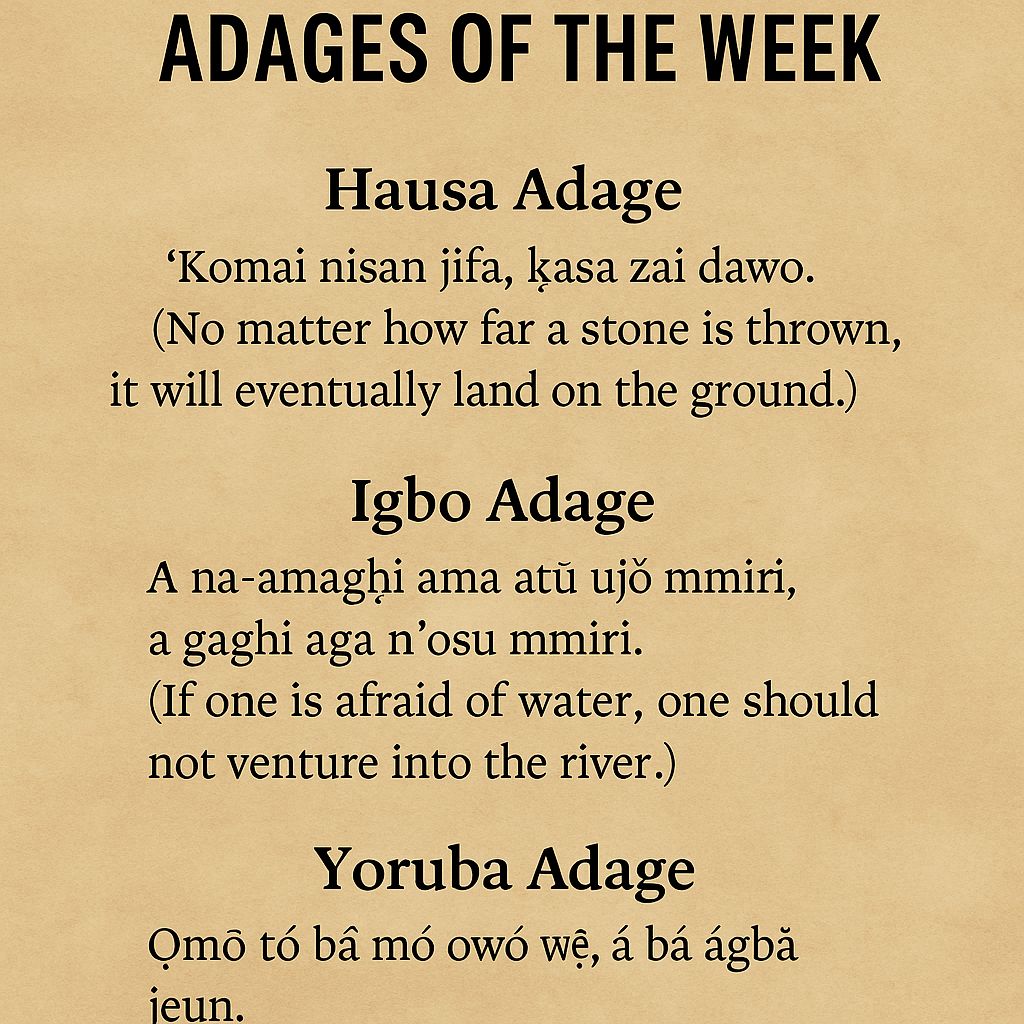
CBN to Strengthen Naira with New Forex Reforms
Introduction The Central Bank of Nigeria (CBN) has unveiled a fresh set of foreign exchange (forex) reforms aimed at stabilizing the naira, restoring investor confidence, and reducing pressure on Nigeria’s
Introduction
The Central Bank of Nigeria (CBN) has unveiled a fresh set of foreign exchange (forex) reforms aimed at stabilizing the naira, restoring investor confidence, and reducing pressure on Nigeria’s currency markets. The announcement comes at a time when exchange rate volatility has left businesses struggling to plan, households facing rising costs of goods, and policymakers under pressure to protect the country’s financial stability.
The reforms, according to the CBN governor, include stricter monitoring of forex transactions, improved transparency in foreign exchange auctions, and enhanced access to legitimate forex channels for both importers and exporters. These measures are designed not only to curb speculation in the black market but also to promote fairer pricing and reduce distortions in the economy.
Details of the New Forex Reforms
The core of the reforms revolves around three key pillars:
1. Stricter Monitoring of Forex Transactions – The CBN has pledged to tighten oversight of all forex activities, ensuring that banks, Bureau de Change operators, and other financial institutions adhere strictly to regulations. This aims to block loopholes exploited by speculators and middlemen who profit from arbitrage.
2. Transparency in Foreign Exchange Auctions – Foreign exchange auctions will now be conducted with greater transparency. Real-time publication of rates and allocations is expected to reduce uncertainty, giving businesses and individuals more confidence in official channels.
3. Improved Access for Importers and Exporters – A major challenge for Nigerian businesses has been the difficulty of accessing forex for legitimate needs. The new reforms seek to create a fairer system where importers of essential goods and exporters seeking to repatriate earnings can do so with fewer delays.
Why These Reforms Matter
Nigeria’s forex market has long been a source of tension between policymakers and the public. The naira’s sharp depreciation in recent years has been fueled by a combination of low oil revenues, rising import demand, and speculative trading in unofficial markets.
For businesses, especially small and medium-sized enterprises (SMEs), exchange rate volatility has meant higher input costs and unpredictable supply chains. For ordinary Nigerians, it has translated into more expensive food, fuel, medicine, and even school fees abroad.
By attempting to stabilize the naira, the CBN is not only addressing economic fundamentals but also the confidence gap that has made many Nigerians skeptical of official exchange mechanisms.
Analysts’ Perspectives
Market analysts have welcomed the reforms but remain cautious. Many point out that while stricter monitoring and transparency can reduce speculation, the long-term stability of the naira will depend on increasing the supply of foreign currency.
1. Oil Revenues – As Africa’s top oil producer, Nigeria earns most of its foreign reserves from crude oil exports. Fluctuating global oil prices and challenges in domestic production have limited forex inflows.
2. Non-Oil Exports – Diversifying exports into agriculture, technology, and manufacturing is critical. Until Nigeria grows non-oil forex inflows, reforms will only have temporary impact.
3. Investor Confidence – Foreign investors often avoid Nigerian markets due to concerns about repatriating profits. A transparent and predictable forex market could help rebuild investor trust and attract much-needed capital inflows.
Implications for Nigerians
The real test of these reforms lies in their effect on everyday Nigerians:
– Households: If successful, the reforms could help lower the cost of essential imports like food, fuel additives, and medicine.
– Businesses: Manufacturers and retailers may be able to plan better, price products more fairly, and expand operations.
– Students Abroad: Easier access to forex for tuition and living expenses could reduce the burden on families sending money overseas.
However, Nigerians remain cautiously optimistic. Past reforms have sometimes raised expectations without delivering lasting results.
Chrome Perspective
At Chrome News, we view the CBN’s reforms as a necessary step toward restoring stability, but we emphasize that structural transformation is the true solution. A stronger naira cannot be engineered through regulation alone; it must be supported by robust production, competitive exports, and a consistent flow of foreign exchange earnings.
The reforms should therefore be seen as part of a larger strategy — one that includes:
– Boosting oil production while tackling theft and inefficiency.
– Expanding non-oil exports, especially in agriculture and services.
– Investing in infrastructure, particularly power and transport, to support local manufacturing.
– Deepening digital financial inclusion to reduce dependence on informal forex markets.
The Nigerian story is not just about fighting currency speculation but about building an economy resilient enough to compete globally. When local businesses can export software, fashion, agricultural products, and professional services on a large scale, forex inflows will naturally grow — and the naira will strengthen sustainably.
Conclusion
The Central Bank of Nigeria’s new forex reforms highlight the urgency of stabilizing the naira and protecting the nation’s economy from the ripple effects of exchange rate volatility. Stricter monitoring, transparency, and improved access are positive steps, but they must be paired with broader reforms to address Nigeria’s dependence on oil, boost non-oil exports, and restore investor confidence.
For Nigerians, the hope remains simple: that these reforms will translate into more affordable goods, a more predictable economy, and renewed confidence in the value of their currency.








